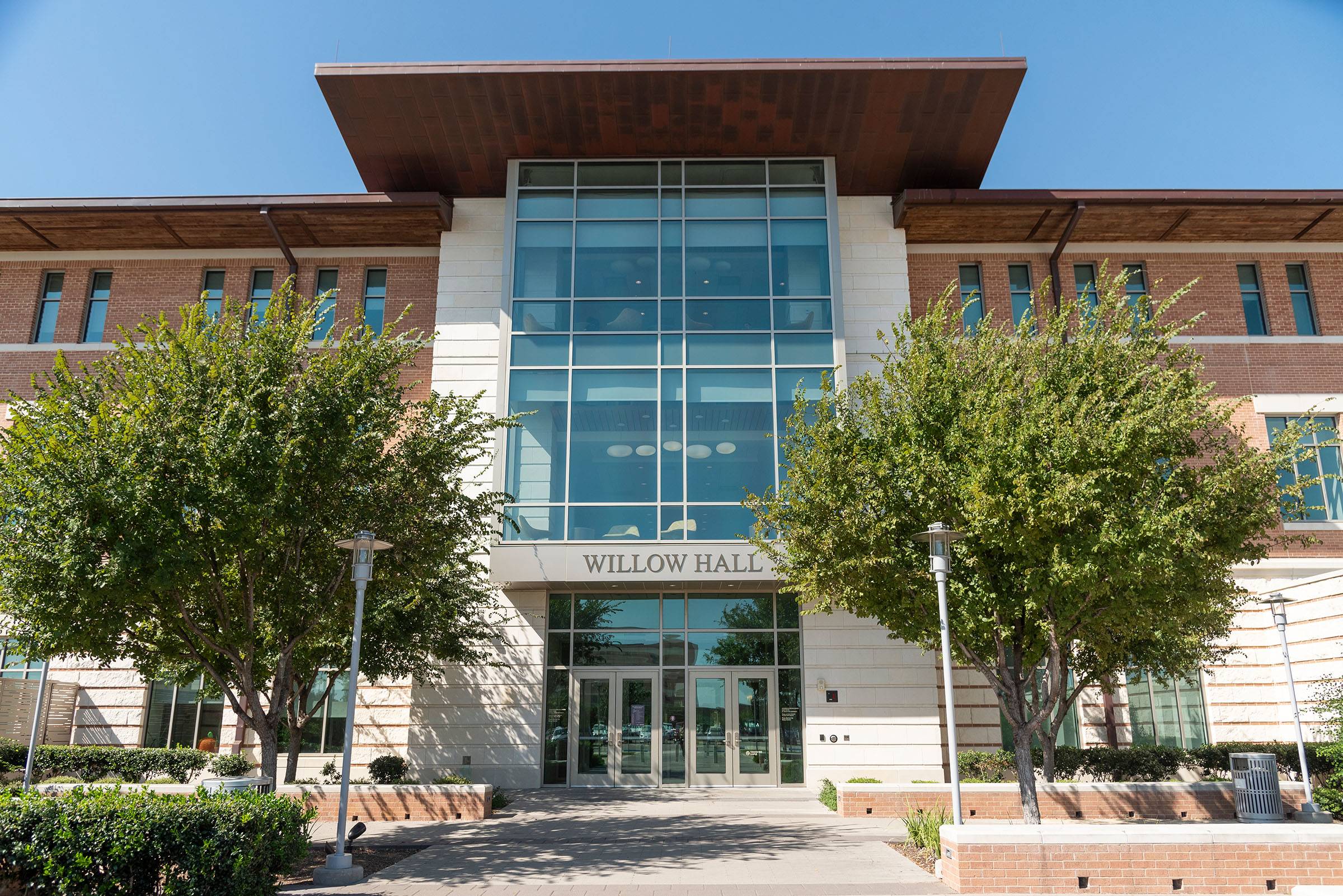Faculty Research Interests
Dr. Farzan Irani
- Treatment Outcomes in Stuttering
Dr. Ranjini Mohan
- Neural Basis of Language and Cognition
- Aging
Dr. Pradeep Ramanathan
- Post-stroke aphasia
- Traumatic Brain Injury
Dr. Maria Resendiz
- Language Learning in Bilingual Populations
- Post-graduate Clinical Training
Dr. Amy Louise Schwarz
- Read-Aloud Practices Across Types of Educators
- Social, Cultural, & Linguistics Biases of CDIS Professionals & Students
Dr. Maria Diana Gonzales (retired)
- Developmental Outcomes in Infants
- Emergent Literacy in Bilingualism
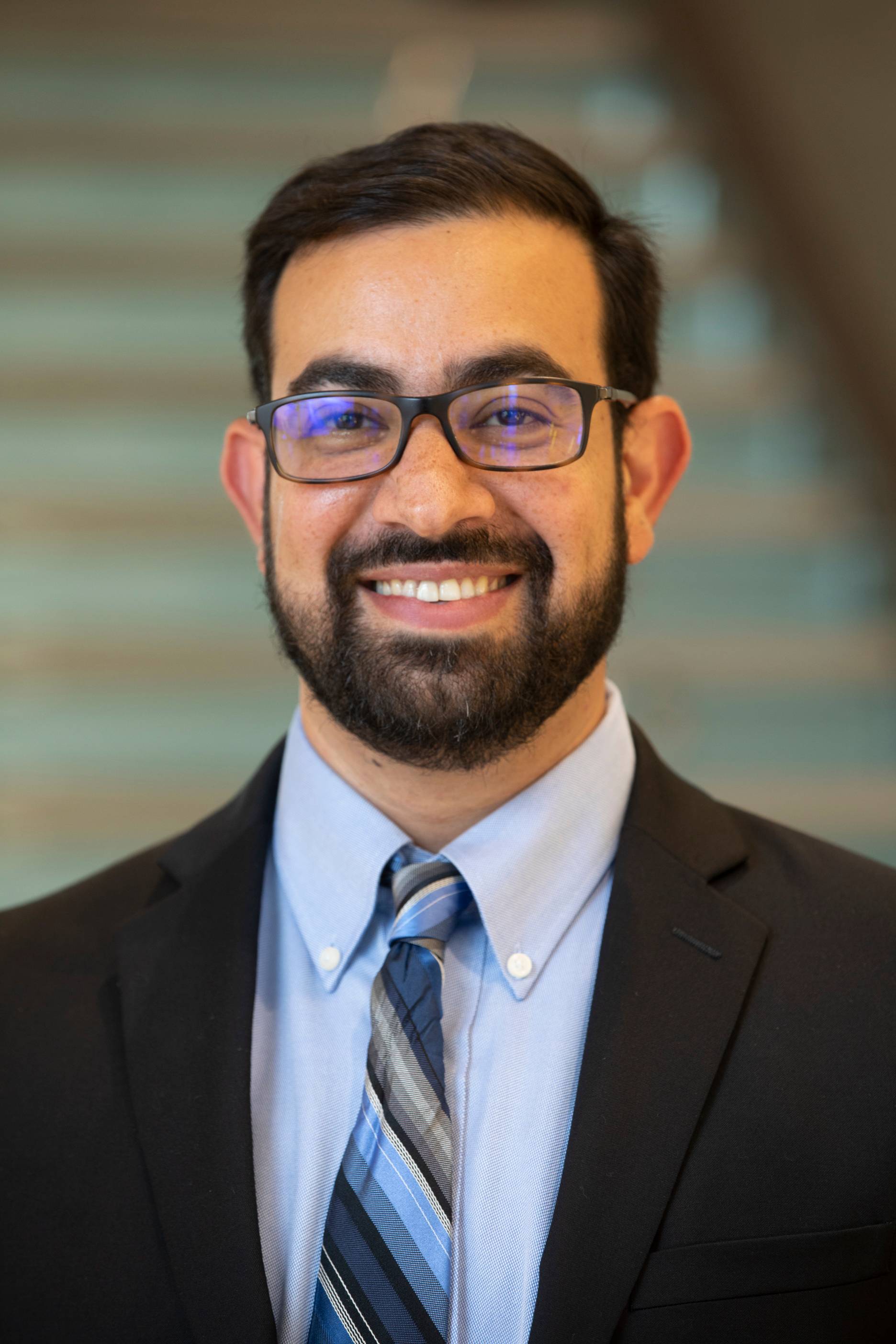
Dr. Farzan Irani
Professor
Dr. Irani's research interests include evaluating treatment outcomes in stuttering. He is interested in evaluating long-term treatment outcomes for adolescents and adults who stutter attending intensive stuttering therapy programs. He is also interested in the application of telepractice to stuttering therapy. He has co-authored publications evaluating treatment outcomes for intensive stuttering therapy and psychosocial aspects of stuttering.
Learn more about the Comprehensive Stuttering Therapy Program.
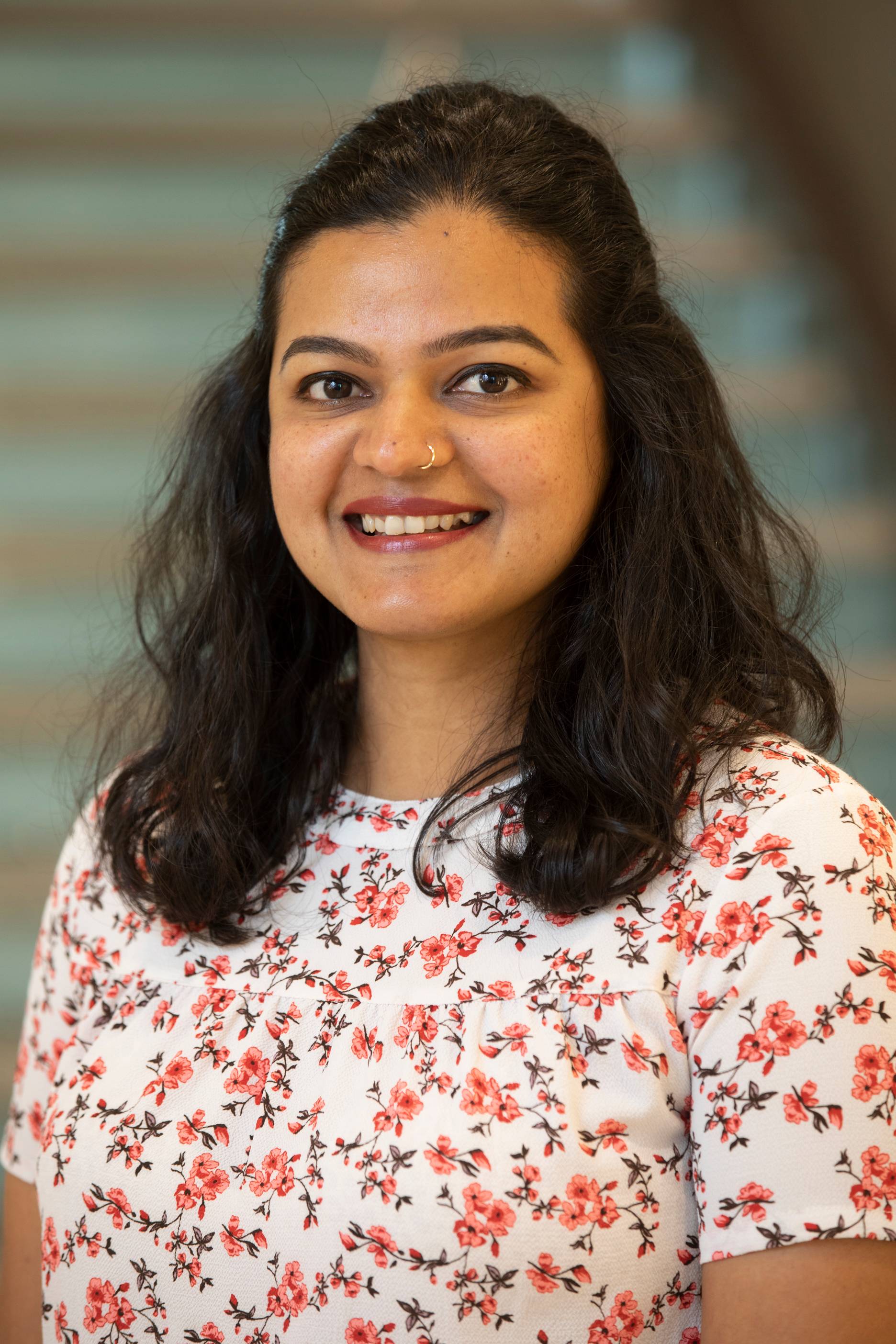
Dr. Ranjini Mohan
Assistant Professor
NEUral systems Research in Aging Lab (NEURAL)
Dr. Mohan's research interests include identifying age- and disease-related changes in communication across the lifespan. She is specifically interested in understanding the neural bases of cognition and language in typically aging adults and those with neurogenic diseases. She has extensive clinical experience working with adults in acute, sub-acute, and outpatient settings both in the U.S. and India.
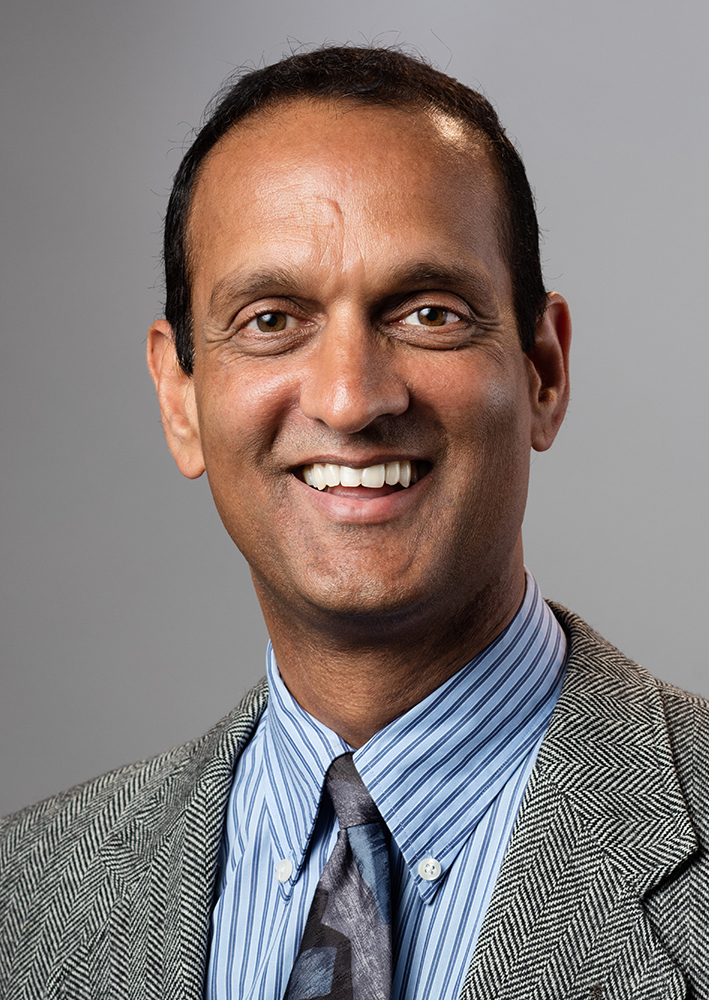
Dr. Pradeep Ramanathan
Associate Professor
Dr. Ramanathan's research involves behavioral and neuroimaging in two distinct lines of investigation of treatment induced neuroplasticity: one for chronic post-stroke aphasia and the other for chronic traumatic brain injury (TBI). In the aphasia line of research he employs electroencephalography (EEG) with event-related potential (ERP), and functional near infrared spectroscopy (fNIRS) to determine whether or not it is possible deliberately to shift processing of primary language functions from the left hemisphere to the right as novel treatment for severe aphasia; he calls this “Constrained Hemisphere Aphasia Therapy” or CHAT. Dr. Ramanathan's TBI line of research applies combined ERP and fNIRS methods to study training-induced neuroplasticity in chronic moderate-severe TBI.
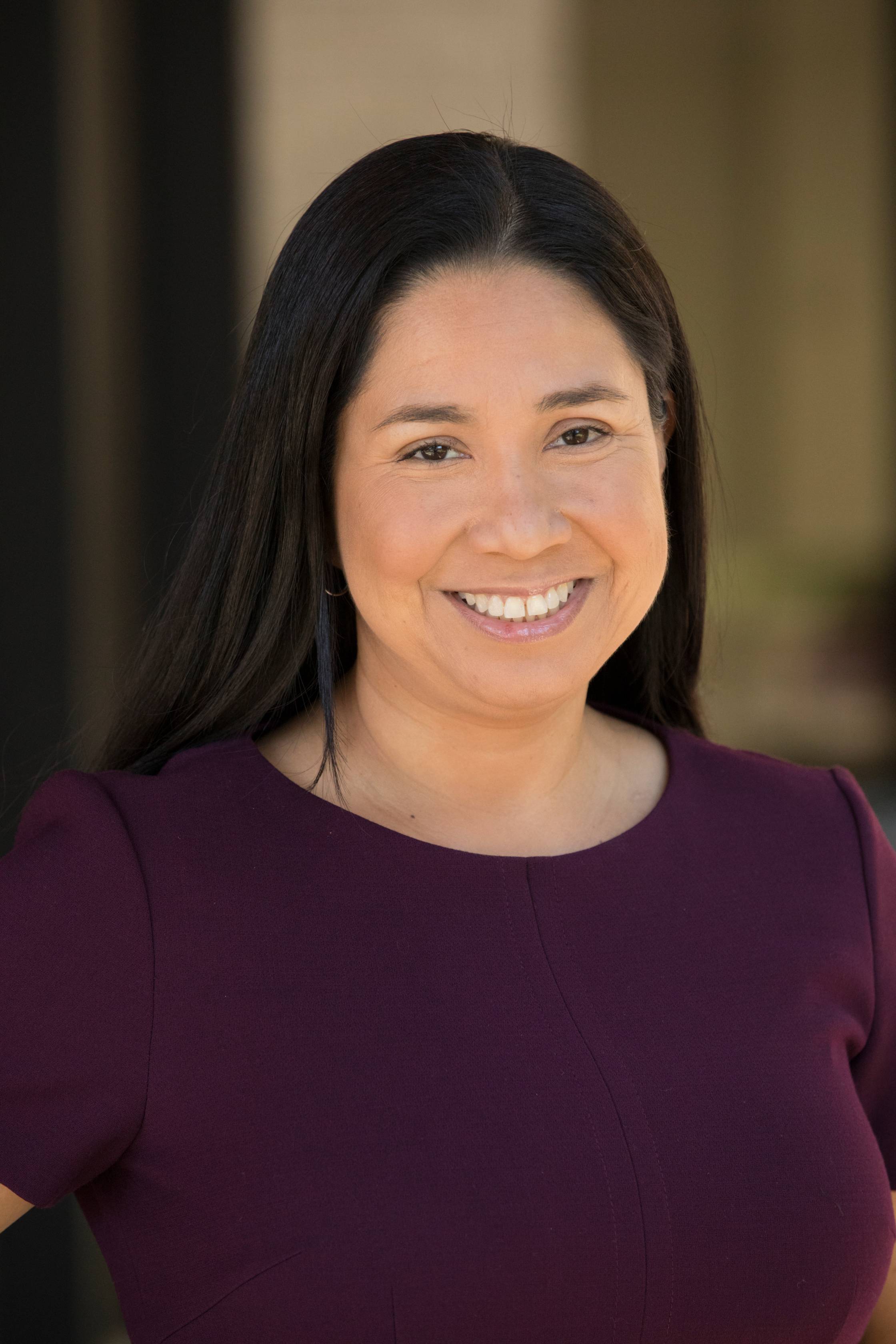
Dr. Maria Resendiz
Associate Professor
Dr. Resendiz earned her Ph.D. at the University of Texas at Austin, where she also earned her bachelor's and master's degrees. Her research interests include how children learn language, specifically the role of children's experience with English in learning English grammar. She has publications on language learning within the context of narratives with children from various cultural and linguistics backgrounds and has presented at national conferences.
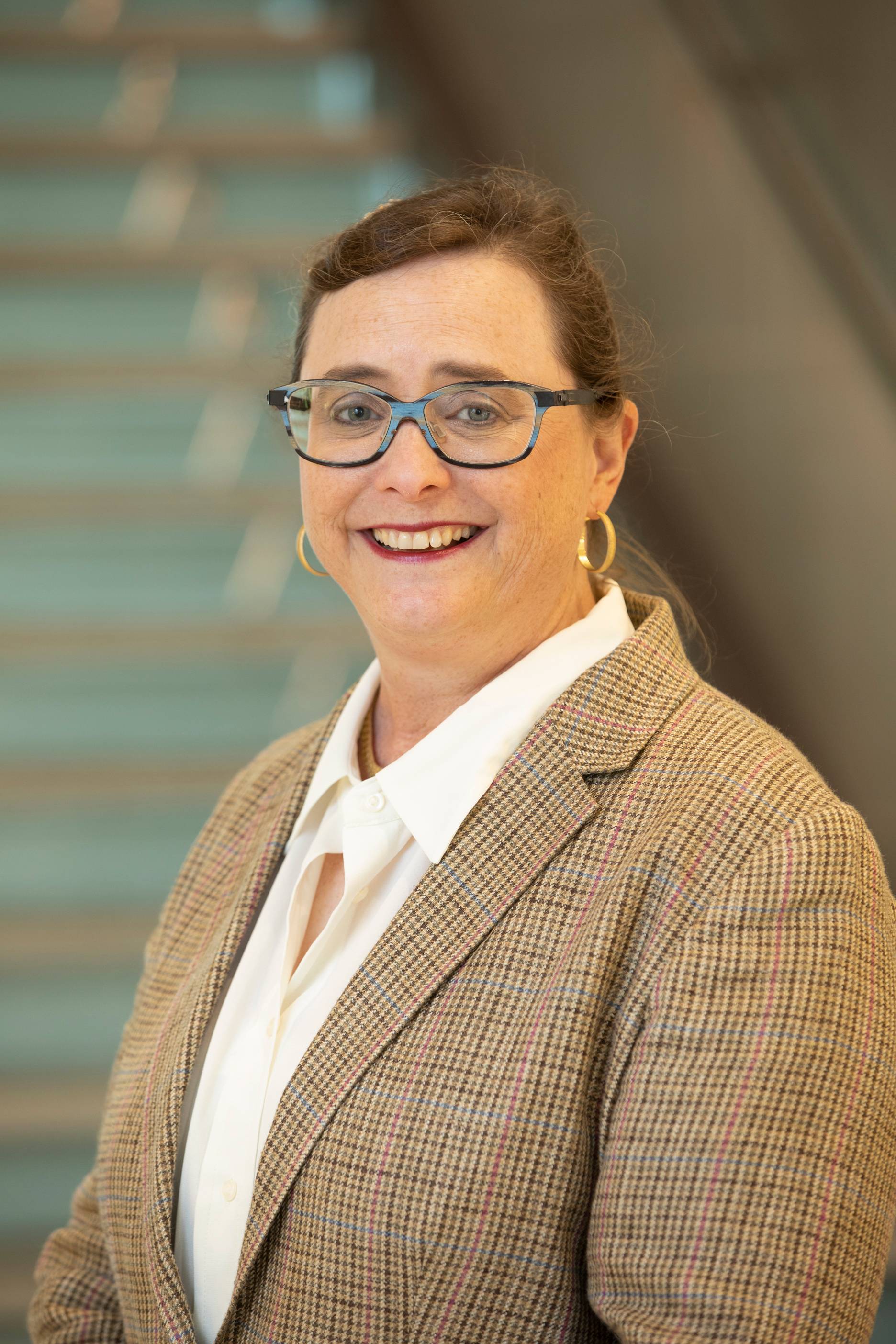
Dr. Amy Louise Schwarz
Associate Professor
Team Schwarz Child Language Lab
Dr. Schwarz's research interests include translating basic research on early language development and preliteracy into applied research that informs clinical practice and language intervention. She is particularly interested in identifying the social, linguistic, and perceptual cues young children use to acquire verbs. As she identifies these cues in children developing language in a typical fashion, she will design and test the efficacy of simple no cost treatments for children across clinical populations.
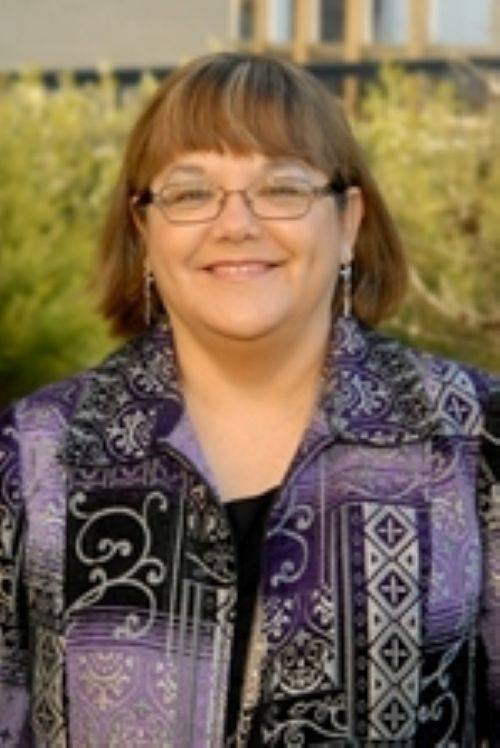
Dr. Maria Diana Gonzales
Professor (retired)
Dr. Gonzales' research interests include the developmental outcomes of infants discharged from Neonatal Intensive Care units. Additional research interests include the parent-child interaction skills exhibited by bilingual parents with typically developing and language disordered infantas as well as the emergent literacy skills of typically developing and language disordered bilingual preschoolers.
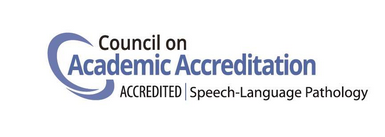
The Master of Science in Communication Disorders (MSCD) and the Master of Arts (MA) in Communication Disorders residential education programs in speech-language pathology at Texas State University are accredited by the Council on Academic Accreditation in Audiology and Speech-Language Pathology (CAA) of the American Speech-Language-Hearing Association, 2200 Research Boulevard, #310, Rockville, MD 20850, 800-498-2071 or 301-296-5700.
